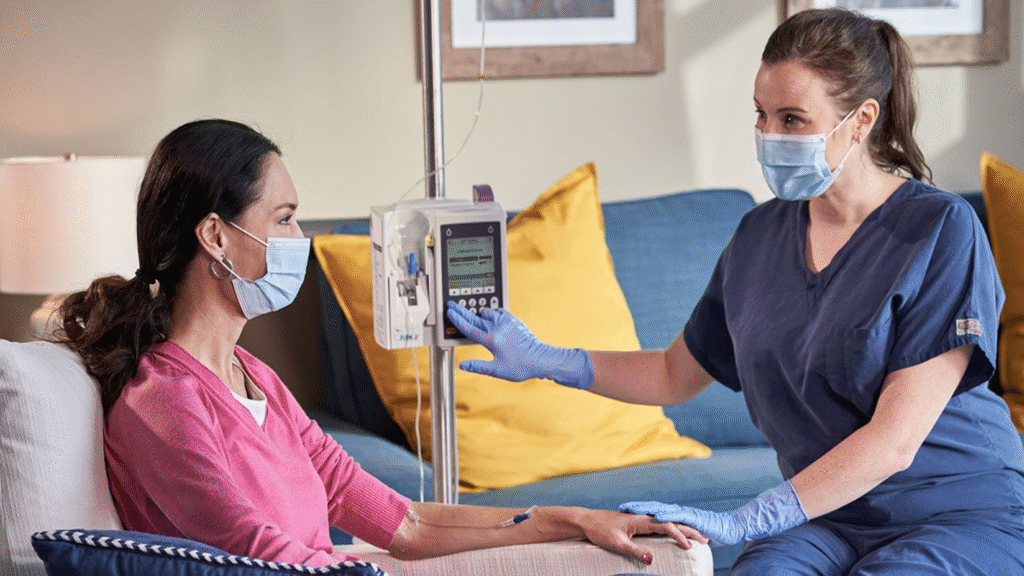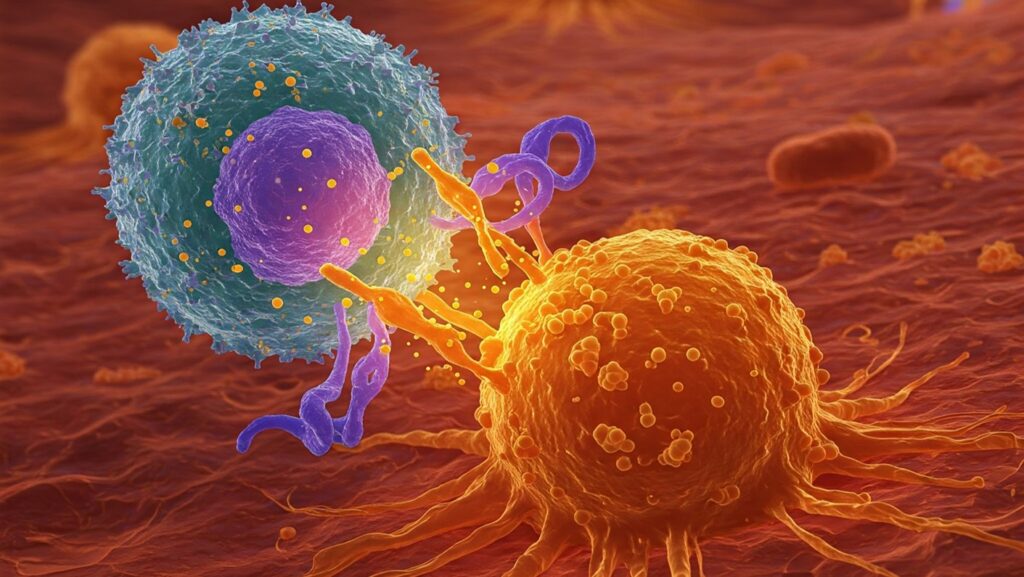Docetaxel (also known by the brand name Taxotere) has become an important weapon in the fight against several types of cancer. While effective at combating cancer cells, docetaxel can cause side effects that patients and caregivers should understand. This post explores how docetaxel works, its effectiveness in treating various cancers, its common side effects, and practical ways to manage them.

What is Docetaxel and How Does it Work?
Docetaxel belongs to a family of medications called taxanes. It works by disrupting the normal function of microtubules-essential structures that cells need to divide and multiply. By interfering with this process, docetaxel effectively stops cancer cells from dividing, which leads to their death. This mechanism makes it effective against fast-growing cancer cells.
Which Cancers Does Docetaxel Treat?
Docetaxel is approved to treat several types of cancer, including:
It can be used alone or in combination with other chemotherapy medications, depending on the type and stage of cancer.
Effectiveness of Docetaxel in Cancer Treatment
Breast Cancer
Docetaxel has shown impressive results in breast cancer treatment. In studies of patients with advanced breast cancer, response rates range from 30% to 48%. When used as neoadjuvant therapy (before surgery), docetaxel achieved clinical response rates of 68.4%, allowing 72.4% of patients to undergo breast-conserving surgery instead of mastectomy.
Prostate Cancer
For men with prostate cancer who have poor prognosis, adding docetaxel to standard treatment was associated with a significant 70% reduction in prostate cancer-specific mortality and improved overall survival from 60% to 80% at 10 years.
Lung Cancer
In non-small cell lung cancer patients, docetaxel has been effective at controlling symptoms like cough, shortness of breath, and pain. These improvements in symptoms were observed after just three cycles of treatment.
Endometrial Cancer
For women with advanced or recurrent endometrial cancer, docetaxel has shown an overall response rate of 31%, including complete responses in some patients.
Common Side Effects of Docetaxel
Like all chemotherapy drugs, docetaxel can cause side effects. Understanding these potential effects can help patients prepare and cope better during treatment.
Bone Marrow Suppression
The most common serious side effect is neutropenia (low white blood cell count), which occurs in up to 94% of patients. This can increase the risk of infections. Febrile neutropenia (neutropenia with fever) occurs in approximately 6-25% of patients depending on the cancer type and dosage.
Fluid Retention Syndrome
Fluid retention presents most frequently as: Peripheral edema (swelling of hands, ankles, or feet); weight gain; less frequently as pleural effusion (fluid around the lungs) or ascites (fluid in the abdomen)
This side effect is related to cumulative dose and is slowly reversible after treatment ends.
Gastrointestinal Effects
Many patients experience: Nausea and vomiting; diarrhea; mucositis (inflammation of the mouth and digestive tract)
Neurological Effects
Docetaxel can cause: Numbness, tingling, or pain in hands and feet (peripheral neuropathy); the incidence of neuropathy is significantly lower with docetaxel compared to another taxane called paclitaxel
Skin and Hair Effects
This side effect could include: Hair loss (alopecia)- very common; skin reactions including rash; nail changes
Other Common Side Effects

Tips for Managing Side Effects
Preventing and Managing Infections
- Take all prescribed pre-medications such as dexamethasone exactly as directed
- Wash hands frequently and avoid people with infections
- Monitor for signs of infection (fever, chills, cough, sore throat)
- Contact your healthcare team immediately if you develop a fever above 100.4°F (38°C)
- Consider wearing a mask in crowded places during periods of low white blood cell counts
Dealing with Fluid Retention
Managing Nausea and Digestive Issues
Coping with Neuropathy
- Report symptoms early to your healthcare team
- Protect hands and feet from extreme temperatures
- Wear gloves when handling cold items or in cold weather
- Comfortable, supportive shoes may help
- Exercise as recommended by your healthcare team to maintain nerve function
During Infusion
When to Seek Medical Help
Contact your healthcare team immediately if you experience:
Conclusion
Docetaxel is a powerful medication that has improved outcomes for many cancer patients, especially those with advanced disease. While side effects can be challenging, most can be managed with proper medical care and self-care strategies. Always communicate openly with your healthcare team about any side effects you experience, as they can often adjust treatments or provide supportive care to help you through your cancer journey.
Remember that everyone’s experience with chemotherapy is different. Some patients may experience several side effects while others may have very few. Your healthcare team is your best resource for personalized advice based on your specific situation and needs.
Disclaimer: This blog post provides general information and should not replace medical advice. Always consult your healthcare provider regarding your specific medical condition and treatment.
Source: Anticancer Research; Neurology; Nature


